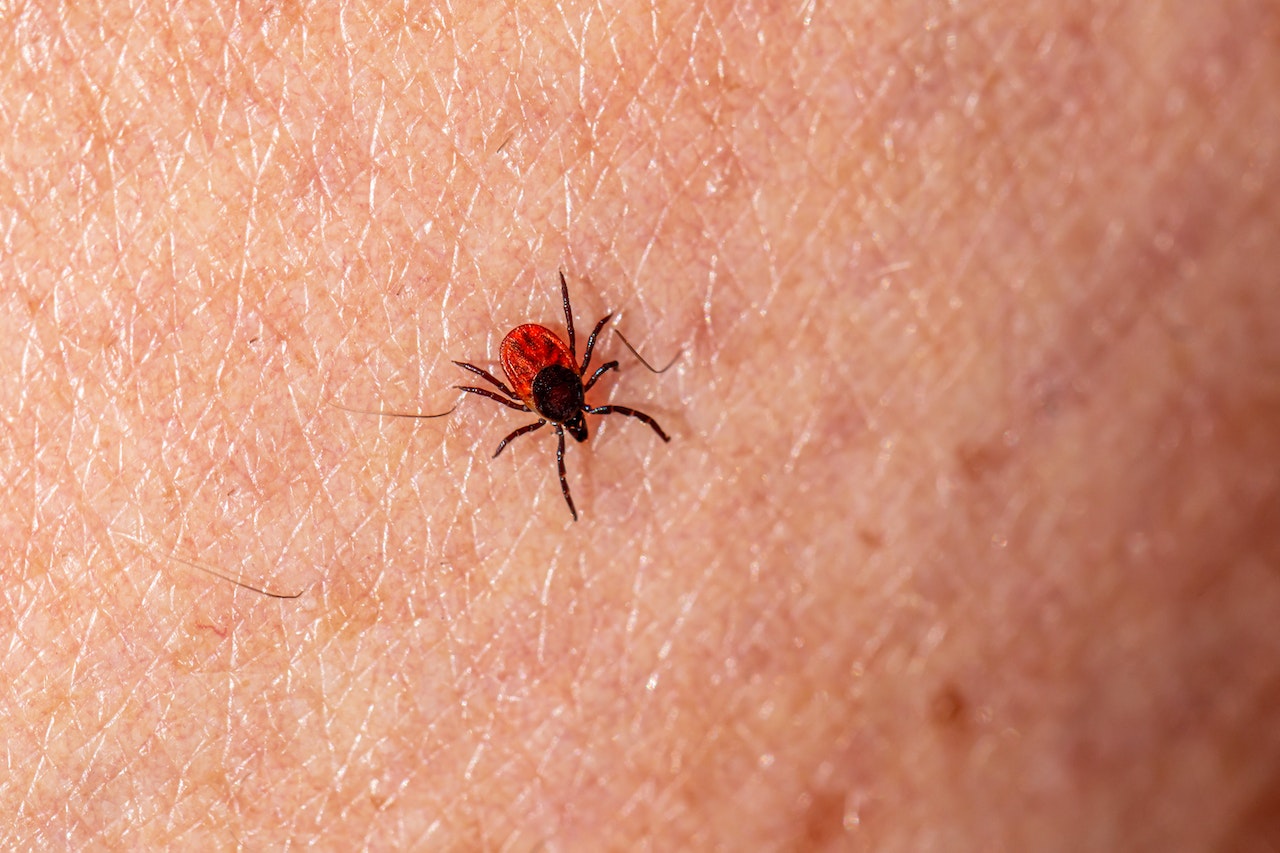Tick-Borne Illnesses and Your Children: What You Need to Know
Beware of These Tiny Monsters!
Whether your children are playing outside in the hot summer sun or exploring nature during a family vacation, they face a unique set of risks that outdoor activities bring. One of those risks is contracting tick-borne illnesses, which can cause serious medical conditions if not addressed quickly and correctly. Tick-borne illnesses like Lyme Disease have been on the rise over the past decade.
Due to their tiny size and secretive nature, ticks can be difficult to detect early enough before they transmit disease-causing bacteria into the human body. Indeed, the thought of an insect causing so much harm may be overwhelming and downright scary. That’s why it’s important to understand the risks ticks pose so that you can help protect your kids from them.
Kids Car Donations is here to shed light on the most common tick-borne illnesses in kids along with their symptoms, how they’re transmitted, and the measures we can take to prevent them. Let’s begin!
The 5 Most Common Tick-Borne Illnesses in Children
Tick-borne illnesses in children range from mild to severe and are caused by different tick species. The most common illnesses include Lyme disease, Rocky Mountain spotted fever, ehrlichiosis, anaplasmosis, babesiosis, and Rocky Mountain fever.
- Lyme disease
Lyme disease is the most commonly reported tick-borne illness in both children and adults. It is caused by the bacterium Borrelia burgdorferi, which can be transmitted to humans through the bite of an infected deer tick or black-legged tick. Symptoms of Lyme disease include a bull’s eye rash, fever, headache, fatigue, and joint pain. If not treated promptly, it can cause severe long-term health problems.
- Rocky Mountain spotted fever
Rocky Mountain spotted fever is a serious and potentially fatal illness caused by the bacterium Rickettsia rickettsii. Spread through the bite of an infected American dog tick or Rocky Mountain wood tick, it can cause rash, high fever, severe headache, muscle pain, abdominal pain, and nausea.
- Ehrlichiosis
Ehrlichiosis is a bacterial infection caused by the bacterium Ehrlichia chaffeensis and transmitted through the bite of an infected Lone Star tick. Symptoms include fever, fatigue, muscle aches, headaches, nausea, vomiting, and joint pain. In severe cases, it can cause serious complications such as meningitis or encephalitis.
- Anaplasmosis
This is a bacterial infection caused by the bacterium Anaplasma phagocytophilum and transmitted through the bite of an infected black-legged tick. Its symptoms may include fever, headache, chills, muscle aches, joint pain, nausea, vomiting, and diarrhea.
- Babesiosis
Babesiosis is a parasitic infection caused by the Babesia protozoan and transmitted through the bite of an infected black-legged tick. Children infected with it may experience fever, chills, fatigue, body aches and pains, and dark urine.
8 Ways to Prevent Tick-Borne Illnesses in Children
The good news is that you can prevent your children from contracting tick-borne illnesses by taking simple steps such as the following:
- Check them daily for ticks.
Check your children’s skin each day (including the hair and scalp as well as the areas behind the ears and under the armpits). Remove immediately any ticks that you find.
- Make them wear long-sleeved clothing.
Dress your children in long-sleeved shirts and pants when they are outdoors. Make them wear hats, too.
- Use insect repellent.
Apply an EPA-registered insect repellent with DEET to the exposed skin and clothing of your children before they go outside, especially in wooded or grassy areas. Reapply as needed, according to product label instructions.
- Tuck their pants into their socks.
Have your children tuck their pants into their socks or wear boots to prevent ticks from crawling into their feet.
- Tell them to stay away from tall grasses.
Tell your children to avoid walking in tall grasses, bushes, and wooded areas whenever possible.
- Put their clothes in the dryer.
If your children have gone outdoors in a tick-prone area, put their clothing into the dryer on high heat for 10 minutes to kill any ticks that might have attached to their clothing.
- Mow the lawn.
Trim tall grass and vegetation around your house. This will help reduce the tick population in the area.
- Use pesticide sprays.
Speak to a licensed pest control professional about using pesticide sprays around your yard to reduce the tick population.
Join Us in Saving Children’s Lives!
Tick-borne illnesses are just some of the health concerns that we have to watch out for to prevent them from harming our children. Unfortunately, despite our best efforts to keep our kids safe at all times, some of them may fall seriously ill for a variety of reasons.
When this happens to their little ones, parents with little financial means face a huge problem. How can they provide their kids with proper medical care when they can’t afford its cost?
We at Kids Car Donations are here to help those kids and their despondent parents, and we would like to invite you to take part in our mission. All you need to do is donate to us any vehicle you no longer need.
We will put your donated vehicle up for auction and use the proceeds to support the essential pediatric programs of our charity partners. These IRS-certified 501(c)(3) nonprofit organizations use the funding we give them to provide their young beneficiaries with free comprehensive and quality medical assistance, including solutions and treatments for various health issues, emotional support, and relief of pain and trauma.
You stand to receive valuable rewards for your donation. Your gift will entitle you to claim the maximum tax deduction in the next tax season.
You’ll also benefit from the free professional pickup and towing service that we will provide you anywhere in the country. Just let us know when and where you want us to collect your vehicle, and we’ll coordinate with a licensed towing company to get the job done.
As for the paperwork, you can count on our team to handle everything for you.
More importantly, you’ll experience priceless satisfaction from your donation, knowing that you’ll be helping ailing boys and girls recover from their affliction and even save their lives.
You can donate almost any type of vehicle whatever its age or condition. Aside from cars, we also accept RVs, boats, motorbikes, motorized wheelchairs, ATVs, golf carts, and more. Find out the rest here.
For more information on our donation program, including our quick and convenient donation process, head over to our FAQs page. If you have any questions or concerns, feel free to write to us here or call us anytime through our toll-free hotline at 866-634-8395.

Impact the Lives of Ailing Kids Today!
Your shabby-looking car can help restore the health and wellness of ailing boys and girls in your area. We will make sure of that when you hand over that vehicle to us. Call Kids Car Donations at 866-634-8395 or fill out our secure online donation form now!


